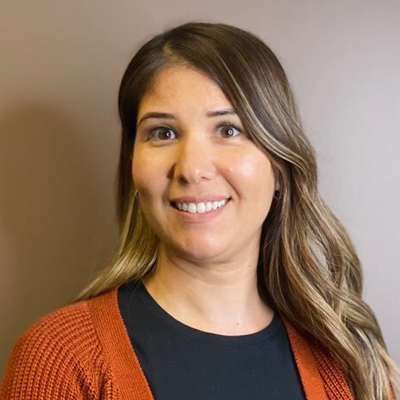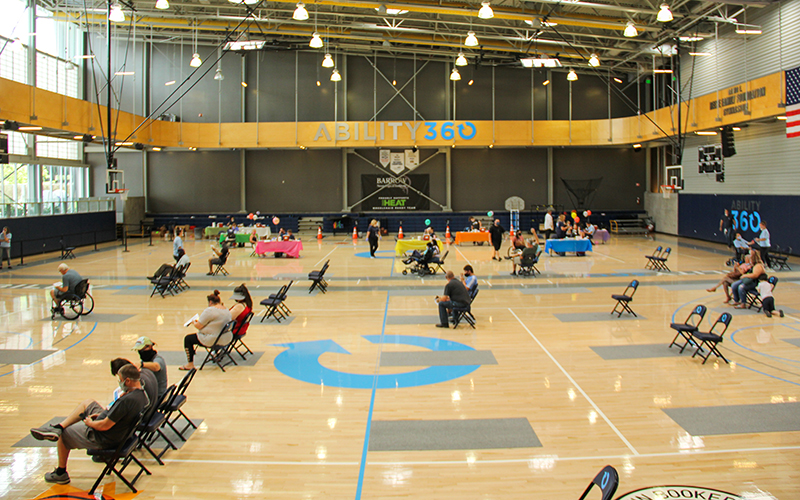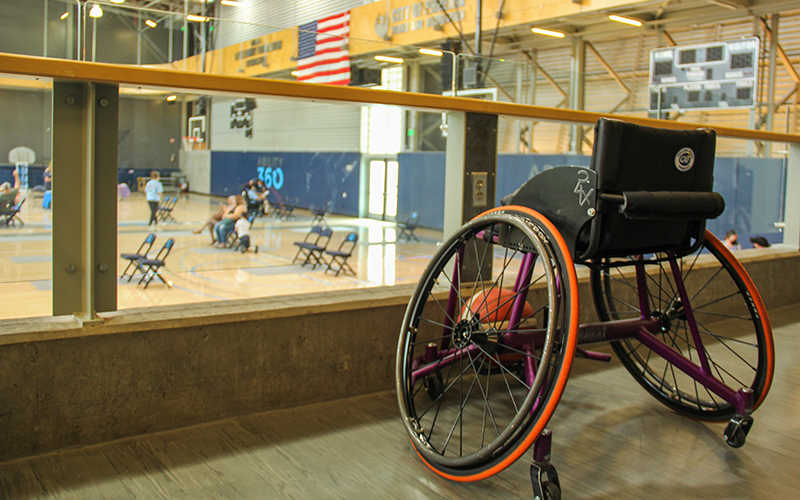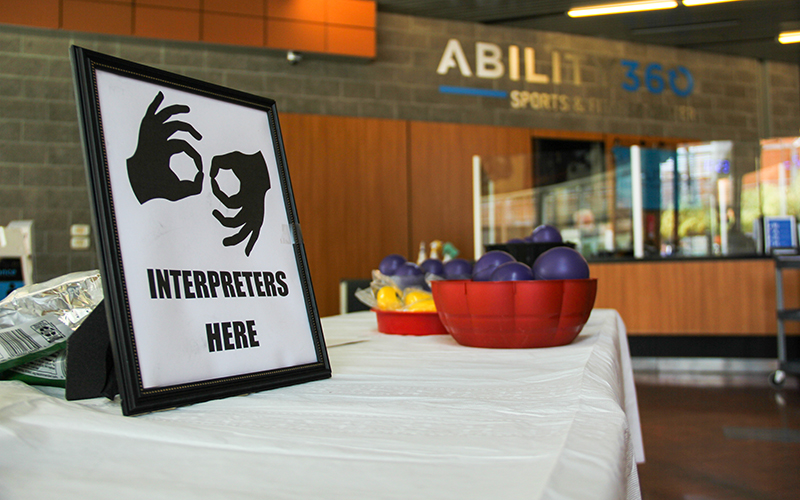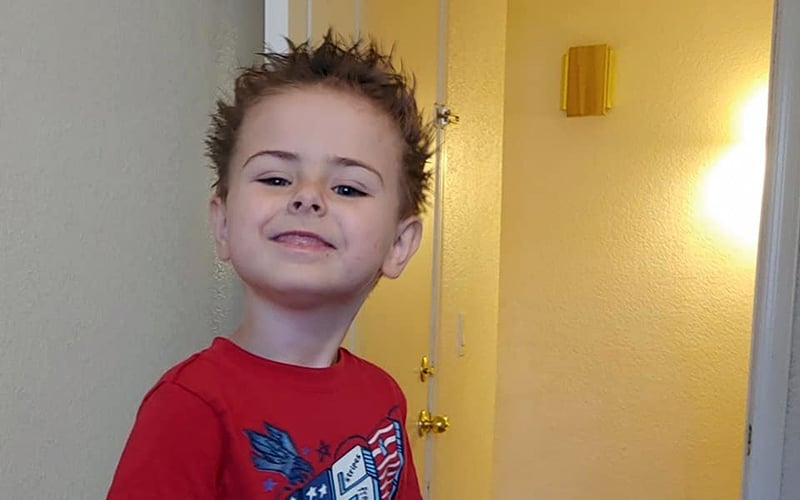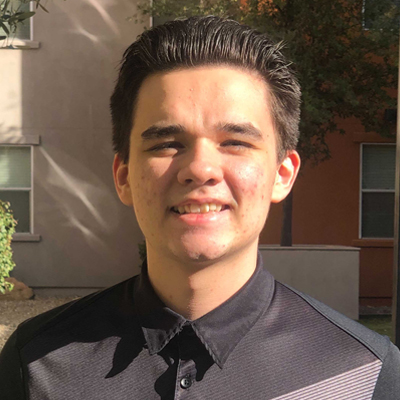PHOENIX – More than 1,600 people got their first COVID-19 vaccinations at a recent event targeting an especially vulnerable population – people with intellectual or developmental disabilities.
Second doses are scheduled for this weekend under a partnership between the state and groups including Ability360 and The Arc, which serve people with disabilities, their families and caregivers.
“As vaccine supply increases, we can now launch focused efforts within highly impacted communities,” Dr. Cara Christ, director of the Arizona Department of Health Services, said in an April news release announcing the effort. “This partnership provides access to vaccines for individuals with disabilities and their families in familiar settings, and we will continue to expand these opportunities so all communities have easy access to vaccine within the state.”
Nadia Arellano, a registered nurse, brought her teenage son, Eric, to the first event in April at the Ability360 Sports and Fitness Center in east Phoenix. Eric has cerebral palsy, and Arellano was grateful she could get him vaccinated apart from the general public.
“This is great that they brought this to the disabled community versus us going out and looking for one, either at the pharmacies or through the health department or through the county,” she said. “I’m more worried about the accommodation of my son versus him being integrated with the rest of the public.”
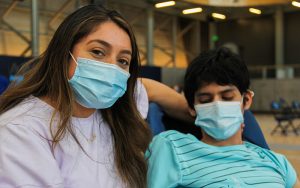
Nadia Arellano, a registered nurse, brought her son, Eric, to a vaccination event at the Ability360 Sports & Fitness Center in Phoenix. The teen has cerebral palsy, and Arellano is grateful she could get him vaccinated apart from the general public. (Photo by Travis Robertson/Cronkite News)
April Reed, vice president of advocacy for Ability360, said 1,687 individuals got their first shots over the first two-day event April 10 and 11. Second doses are scheduled for this weekend on May 1 and 2.
Launched in 1981, Ability360 provides services for people with disabilities in Maricopa County including assistance with independent living or employment, peer support and mentorship, home care, mental health services and adaptive sports and fitness programs.
The vaccination event included such groups as the Arizona Commission for the Deaf and Hard of Hearing and Special Olympics Arizona.
Betty McEntire, director of public policy and community relations for the Arizona Commission for the Deaf and Hard of Hearing, said her organization joined in the collaboration to push for more effective communication and access to information regarding vaccine distribution for the deaf and hard of hearing community.
“Information about the vaccine is not provided in American Sign Language, so the community itself has to step up and try to figure out that information,” she said.
McEntire said she hoped the event would serve as a model for how the state, counties and other entities can better integrate people with disabilities into mainstream events, so that segregation is one day no longer necessary.
“How do you bring in interpreters? How do you bring in speech-to-text? How do you bring in clear masks that can help aid in communication?” she asked. “If you were to go to a state site right now, or a county site, you cannot find how to request accommodations.”
According to the Centers for Disease Control and Prevention, about 1 in 4 Arizona adults, or nearly 26% of the adult population, are living with some form of a disability that impairs a physical or cognitive function.
The CDC notes that disability alone may not put someone at higher risk of contracting COVID-19, but some people with disabilities may be more prone to infection or severe illness because of underlying medical conditions or difficulty practicing preventive measures or communicating symptoms of illness.
Gianna Zola, senior coordinator of health and advocacy for Special Olympics Arizona, said her organization has been holding question and answer sessions with members about COVID-19 and the vaccination process.
“It gave them access to that information and a space where they could ask questions and not fear the judgment of the questions that they were asking, and then be able to make that informed decision on whether the vaccine was right for them to get,” Zola said.
She added: “We need to work more on providing education and resources in a way that is accessible for people of various abilities.”
As of April 29, 40% of Arizonans had received at least one dose of COVID-19 vaccine.
